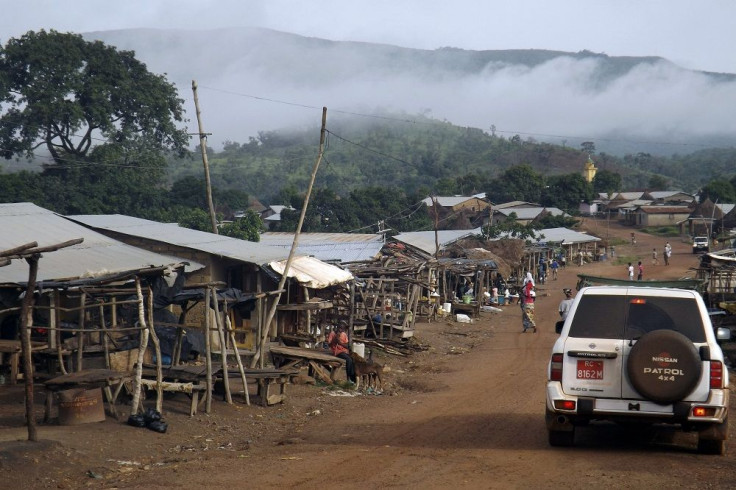Huge iron ore overcapacity leads to Rio Tinto shelving $20-billion Simandou project in Guinea

It won’t just be heads rolling in Rio Tinto’s ongoing restructuring which cost iron ore executive Andrew Harding his job on Friday. One major iron ore project was shelved because of the overcapacity in the industry.
The Australian reports that Rio Tinto announced it would shelve the $20-billion Simandou iron ore project in Guinea because of iron ore overcapacity. New Rio Tinto Chief Executive Jean-Sebastien Jacques explains that the huge cost of developing the mine would not be justifiable because of the bleak prospect for the commodity over the next decade.
The decision reverses the plan of past Rio Tinto Chief Executive Sam Walsh who favoured the project which would have yielded over 2 billion tonnes of iron ore and doubled Guinea’s economy. However, the government of the west African country says it would not allow the project to be derailed due to “a global agenda that actually has nothing to do with the project economics.”
Jacques says that Rio Tinto delivered the bankable feasibility study to the Guinea government a few weeks ago to comply with their agreement. “We’ve been very clear that in the current market environment we don’t see a way forward in relation to Simandou,” he adds.
Price of iron ore in the international market is US$50 (AU$66.96) per tonne. The commodity glut is expected to last 10 years, BHP Billiton warned in late June.
Rio Tinto, which was given the rights to explore Simandou in 1997, had problems with the government which stripped the concession of the northern half of the area in 2008 because the Guinean government thinks it took the giant miner too long to develop the mine. Guinea awarded the area to BSG Resource.
However, a government audit discovered BSG bribed the wife of the Guinean dictator which led to the award of the northern half concession. BSG, which denied wrongdoing, sold 50 percent of its concession to Vale, but the case is still being reviewed by a US criminal investigation.
Notwithstanding Jacques’s statement, a Guinean official say he expects Rio Tinto to keep its commitment under the investment framework. He belies the gloomy forecast, citing another projection by a reputable independent company that Simandou would be the fifth most profitable iron ore mine in the world by 2025.
Jacques also points to the recent results of the Brexit as reason to diversify away from iron ore which used to account for 87 percent of the miner’s 2015 underlying earnings. In lieu of investing further in iron ore projects, Rio Tinto would pursue copper acquisitions, reports Australian Financial Review.
VIDEO: Rio Tinto 2015 half year results





















